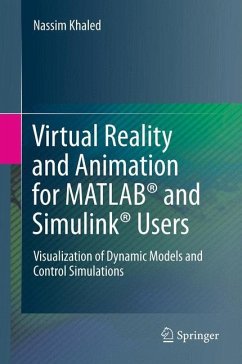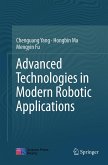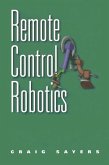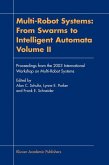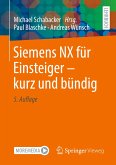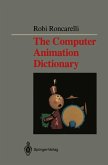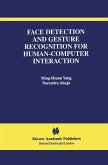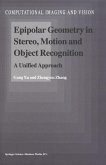About this book
· Gives the reader hands on example-base experience for simulating dynamical models in MATLAB®/Simulink® and animating them in VRML
· More than 150 images describe each step in the model realizations helping readers to understand them visually
· Diverse examples and profound problem treatment enable the reader to animate complex dynamical problems
m-files, Simulink models, VRML files and jpegs available for download provide full solutions for the end-of-chapter problems
Virtual Reality and Animation for MATLAB® and Simulink® Users demonstrates the simulation and animation of physical systems using the MATLAB® Virtual Reality Toolbox (virtual models are created in V-Realm Builder). The book is divided into two parts; the first addresses MATLAB® and the second Simulink®. The presentation is problem-based with each chapter teaching the reader a group of essential principles in the context of a step-by-step solution to a particular issue. Examples of the systems covered include mass-spring-dampers, a crank-slider mechanism and a moving vehicle. The examples are given in ascending level of difficulty and contain MATLAB®/Simulink® codes deliberately simplified so that readers can focus on:
- understanding how to link a 3-d virtual scene to MATLAB®/Simulink®; and
- manipulating the 3-d virtual scene in MATLAB®/Simulink®.
When studied in sequence, the chapters of this text form a coherent whole enabling the reader to gain a thorough expertise in virtual simulation and animation of dynamical models using MATLAB®/Simulink®. Individual chapters stand on their own, however, so that readers interested in a particular system can concentrate on it easily. Problems are provided in each chapter to give practice in the techniques demonstrated and to extend the range of the systems studied, for example, into the control sphere. Solution code for these problems can be downloaded from insert URL.
Whether modeling the dynamics of a simple pendulum, a robot arm or a moving car, animation of a dynamical model can enliven and encourage understanding of mechanical systems and thus contribute to control design. Virtual Reality and Animation for MATLAB® and Simulink® Users will be instructive and interesting to anyone, researcher or student, working with the dynamics of physical systems. Readers are assumed to have some familiarity with MATLAB®.
· Gives the reader hands on example-base experience for simulating dynamical models in MATLAB®/Simulink® and animating them in VRML
· More than 150 images describe each step in the model realizations helping readers to understand them visually
· Diverse examples and profound problem treatment enable the reader to animate complex dynamical problems
m-files, Simulink models, VRML files and jpegs available for download provide full solutions for the end-of-chapter problems
Virtual Reality and Animation for MATLAB® and Simulink® Users demonstrates the simulation and animation of physical systems using the MATLAB® Virtual Reality Toolbox (virtual models are created in V-Realm Builder). The book is divided into two parts; the first addresses MATLAB® and the second Simulink®. The presentation is problem-based with each chapter teaching the reader a group of essential principles in the context of a step-by-step solution to a particular issue. Examples of the systems covered include mass-spring-dampers, a crank-slider mechanism and a moving vehicle. The examples are given in ascending level of difficulty and contain MATLAB®/Simulink® codes deliberately simplified so that readers can focus on:
- understanding how to link a 3-d virtual scene to MATLAB®/Simulink®; and
- manipulating the 3-d virtual scene in MATLAB®/Simulink®.
When studied in sequence, the chapters of this text form a coherent whole enabling the reader to gain a thorough expertise in virtual simulation and animation of dynamical models using MATLAB®/Simulink®. Individual chapters stand on their own, however, so that readers interested in a particular system can concentrate on it easily. Problems are provided in each chapter to give practice in the techniques demonstrated and to extend the range of the systems studied, for example, into the control sphere. Solution code for these problems can be downloaded from insert URL.
Whether modeling the dynamics of a simple pendulum, a robot arm or a moving car, animation of a dynamical model can enliven and encourage understanding of mechanical systems and thus contribute to control design. Virtual Reality and Animation for MATLAB® and Simulink® Users will be instructive and interesting to anyone, researcher or student, working with the dynamics of physical systems. Readers are assumed to have some familiarity with MATLAB®.

